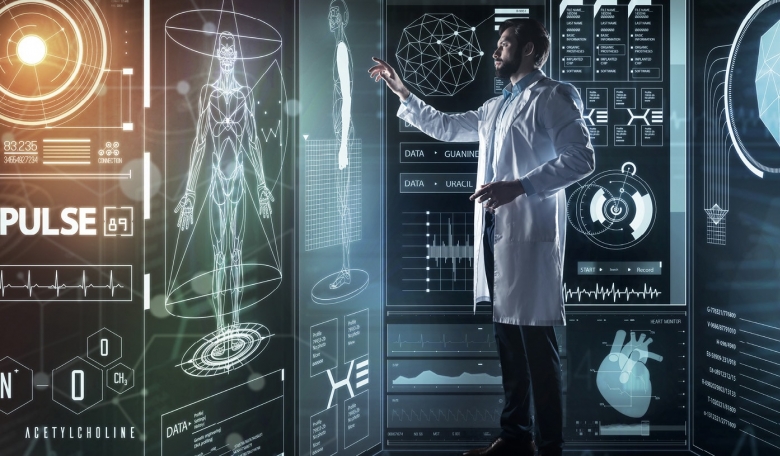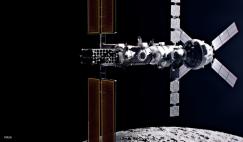The problems and threats facing society in the new millennium require constant technological improvements and, in healthcare in particular, a fundamental review of organisational approaches. One of the most significant changes is a shift in emphasis on diagnostics and prevention. As a practical science which studies healthy humans and concentrates the efforts of the best experts in many branches of knowledge (not only physiologists, doctors, biologists, but also engineers, mathematicians, physicists and representatives of other specialities), space medicine contributes significantly to the search for answers to some of the most urgent questions faced in modern healthcare.
Biomedical support for human space missions continues to be at the forefront of modern medical research and the development of new medicines, procedures and preventative treatments. However, space medicine has not only improved existing medical technologies, but also develops its own methods, practices and concepts. These efforts have brought about the perfect system for preventing the unfavourable effects of weightlessness and other spaceflight factors, which make it possible for people to survive for long periods and work actively on Earth orbit.
At the same time, the physiology and medicine data achieved as part of flight and ground-based experiments have significantly expanded our insights into human physiological capabilities, allowing new options to develop alongside unique equipment offering self-sufficiency, ergonomics and sustainability for operation in extreme environments.














